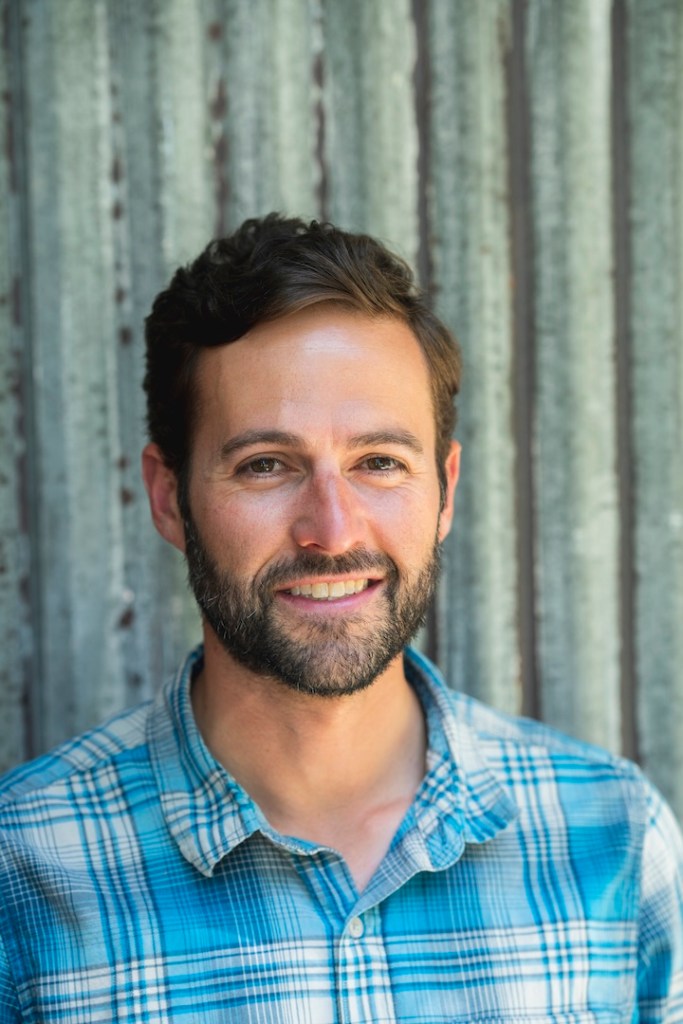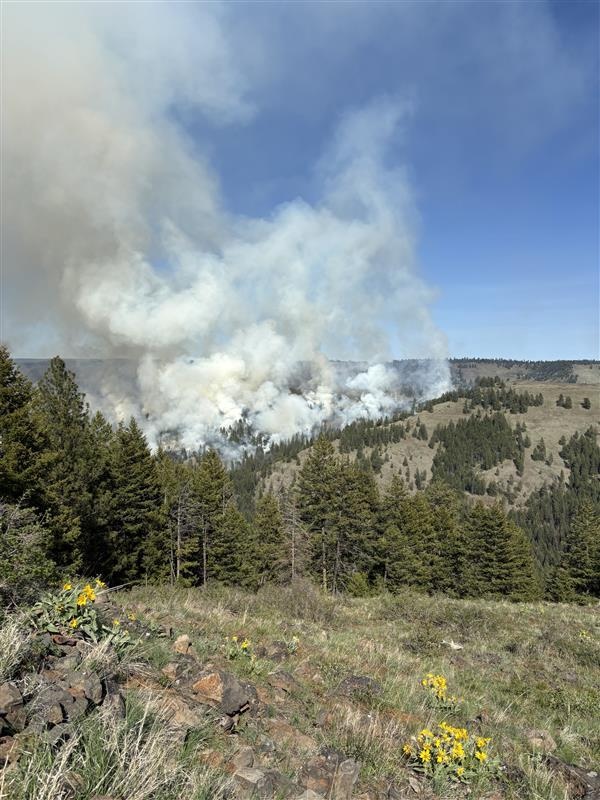Guest column: Our rural future is at risk in Deschutes County
Published 10:59 am Friday, June 13, 2025

- Ben Gordon is the executive director of Central Oregon LandWatch.
For over 50 years, Oregonians have relied on our visionary land use system to protect what we love most about this state: tight-knit communities surrounded by farms, forests, and wild natural spaces. In Deschutes County, that promise is being broken — one rezoned parcel at a time.
As the Bulletin has recently reported, in “More Deschutes County farm-zoned land on path to rural housing” and “Deschutes County challenged on pattern of rural rezoning,” our current county commission has allowed more of these land conversions than any other Oregon county. Across the state, roughly 6,000 acres of forest and farm parcels have been rezoned in this manner over the past 15 years; of those, around 3,000 acres were located in just one county: Deschutes.
Thousands of acres of farm and forest land. Gone. Some of these lands are irrigated, with deep roots in Central Oregon’s agricultural legacy. Yet, with every approval, the county sends a clear message: our rural future is for sale.
This practice, known as spot zoning, allows developers to exploit provisions of Oregon’s statewide farmland protections to disrupt long-standing plans, most often to convert “exclusive farm use” zoned land into higher-density, non-farming-related residential zones.
When these zoning decisions are made, it becomes significantly more challenging for new farmers and ranchers to acquire land and enter the business. It also makes it more difficult for established farms and ranches to remain in operation. In these areas, the gravel roads are best suited for driving cattle to different pastures or shuttling slow-moving tractors, not for hundreds of families to commute long distances to reach schools and stores.
And if roads, utilities, public safety, fire services, and school buses are extended to these areas, miles outside our urban growth boundaries, that comes at a high cost to all the area’s taxpayers. Furthermore, the installation of new wells and septic systems in rural subdivisions often degrades water quantity and quality, straining both groundwater resources and the relationships between neighbors when one is suddenly required to invest $20,000 in deepening an existing well.
Deschutes County is not planning for the future — it’s reacting to pressure from speculative developers motivated by how easy it has become to convert farmland into rural sprawl and build luxury housing that only makes housing in our region less affordable. That’s not what Oregon’s land use system was built to do. Instead, it was designed to guide growth where it makes the most economic, environmental, and social sense, not just today, but for generations to come.
Spot zoning undermines the public, long-term vision for land use by prioritizing the interests of a few well-resourced private individuals over community goals.
If this pattern continues, it won’t be long before Central Oregon’s rural character changes entirely. Its working farms, wildlife corridors, and quiet backroads will be erased, with more and more subdivisions coming in their place.
Let’s put a stop to rural rezoning and return to thoughtful, community-driven planning before our forest and farmland are paved over and gone forever.
Ben Gordon is the executive director of Central Oregon LandWatch.






